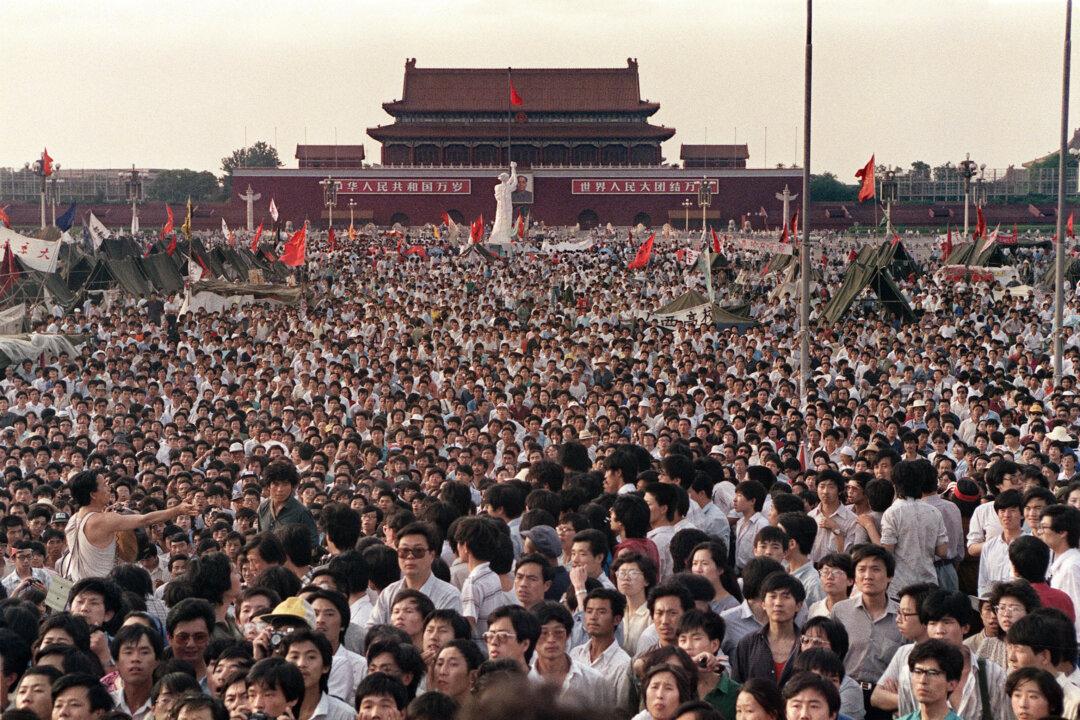A veteran who served in the Beijing Armed Police Fire Brigade during the Tiananmen massacre on June 4, 1989, expressed remorse and shared with The Epoch Times how he has become a rights activist.
The 1989 Tiananmen Square protests and massacre is known in China as the June 4 Incident. The Chinese communist regime’s military opened fire on unarmed pro-democracy college students and citizens in Tiananmen Square and major roads in Beijing, killing tens of thousands, after two months of mass protests against the regime’s corruption and demands for democracy.




